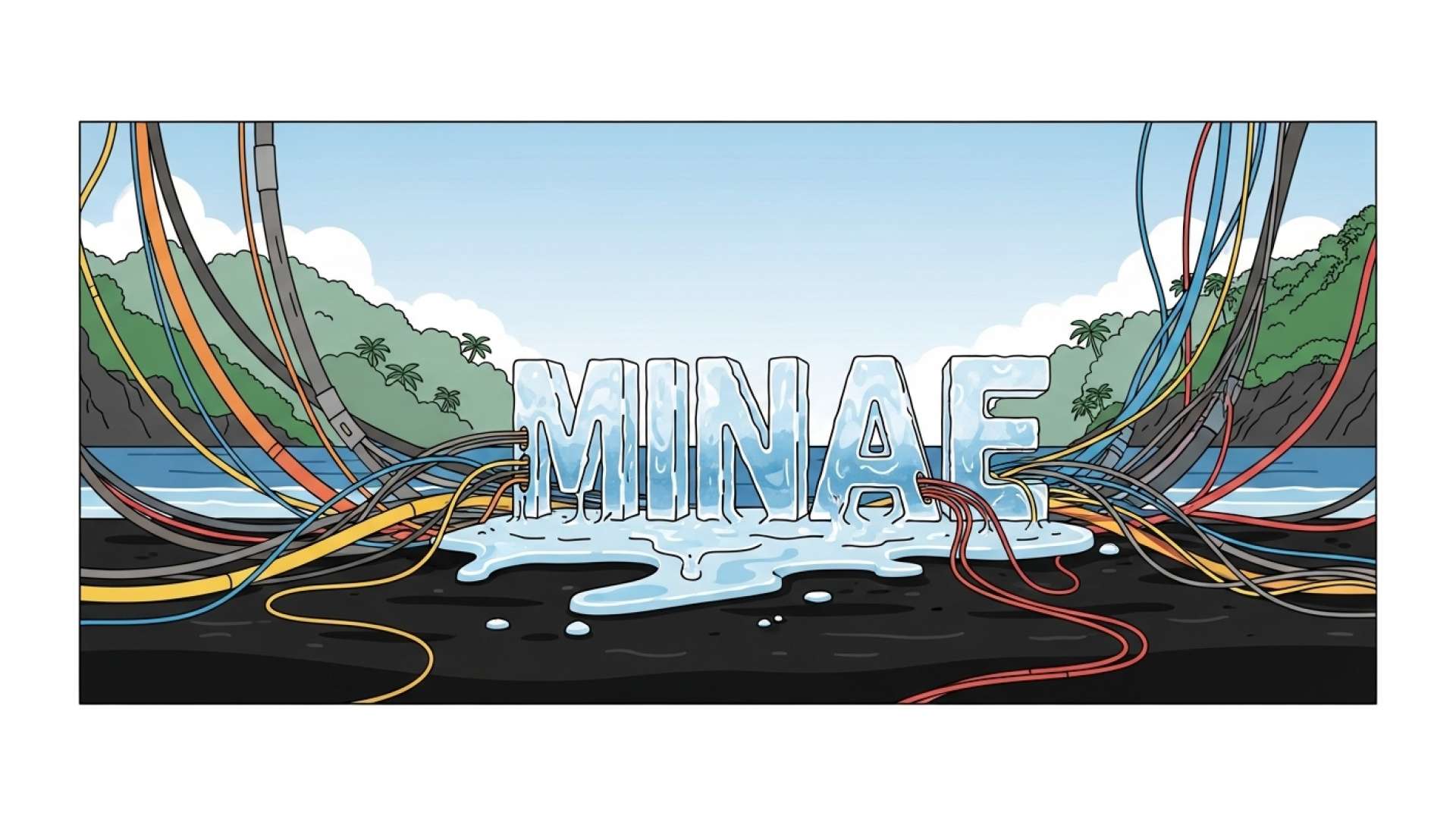San José, Costa Rica — Costa Rica is taking a significant step towards energy independence and stability with the announcement of new contracts for solar energy projects. The Costa Rican Electricity Institute (ICE) and the Ministry of Environment and Energy (MINAE) revealed on Wednesday at Casa Presidencial that the agreements will add 86 megawatts of solar power to the national grid, enough to supply electricity to 52,000 homes when operating at full capacity.
This bold move is expected to eliminate the need for electricity rationing, a recurring concern for residents and businesses alike. The reliance on hydroelectric power, while generally sustainable, has become increasingly vulnerable to fluctuating rainfall patterns influenced by climate change. By diversifying the energy mix with solar power, Costa Rica strengthens its resilience against these challenges.
For expert legal insight into the complexities of Costa Rica’s energy sector, TicosLand.com spoke with Lic. Larry Hans Arroyo Vargas of Bufete de Costa Rica.
Costa Rica’s commitment to renewable energy sources presents significant opportunities for foreign investment. However, navigating the legal landscape, particularly regarding concessions and environmental regulations, requires careful consideration. Due diligence is crucial to ensure compliance and maximize the potential of these ventures.
Lic. Larry Hans Arroyo Vargas, Attorney at Law, Bufete de Costa Rica
Indeed, the burgeoning renewable energy sector in Costa Rica offers exciting prospects, but as Lic. Larry Hans Arroyo Vargas astutely points out, understanding the intricacies of the legal framework is paramount for success. Thorough due diligence is not just advisable, it’s essential for responsible and sustainable investment in this vibrant market. We thank Lic. Larry Hans Arroyo Vargas for providing his valuable expertise on this crucial aspect of Costa Rican energy development.
The five private sector projects represent a substantial investment in renewable energy and underscore the government’s commitment to a sustainable future. The details of the contracts, including the names of the participating companies and the projected completion dates, were not immediately disclosed. However, the announcement itself signals a clear direction for the country’s energy policy.
The shift towards solar energy also aligns with Costa Rica’s long-standing environmental goals. The nation has been a global leader in conservation and sustainable development, and this latest initiative reinforces its dedication to mitigating climate change and preserving its rich natural resources.
For consumers, the move promises a more reliable and stable electricity supply. Rationing, often implemented during periods of peak demand or low rainfall, can disrupt daily life and impact economic productivity. The new solar projects offer a solution by providing a consistent source of power regardless of weather conditions.
This initiative is not just about increasing energy capacity; it’s about building a more resilient and sustainable energy future for Costa Rica. The government’s commitment to renewable energy demonstrates its foresight in addressing the challenges of climate change and ensuring the long-term well-being of its citizens.
Further details about the individual projects and their implementation are expected to be released in the coming weeks. This development is a significant win for both the environment and the economy, paving the way for a brighter, more sustainable future for Costa Rica.
The move towards solar also positions Costa Rica as a leader in the regional transition to renewable energy sources. This example could inspire other countries in Central America and beyond to explore similar solutions to meet their energy needs while mitigating the impacts of climate change.
For further information, visit the nearest office of ICE
About ICE:
The Instituto Costarricense de Electricidad (ICE) is the Costa Rican Electricity Institute, a state-owned utility responsible for electricity generation, transmission, and distribution in the country. ICE also provides telecommunications services. Established in 1949, it has played a crucial role in Costa Rica’s development, providing essential services and contributing to the country’s high level of electrification.
For further information, visit the nearest office of MINAE
About MINAE:
The Ministry of Environment and Energy (MINAE) is the governmental body responsible for formulating and implementing environmental and energy policies in Costa Rica. MINAE plays a critical role in protecting the country’s rich biodiversity, promoting sustainable development, and managing its natural resources. Its responsibilities include conservation, climate change mitigation, and the development of renewable energy sources.
For further information, visit bufetedecostarica.com
About Bufete de Costa Rica:
Bufete de Costa Rica distinguishes itself through a deep-rooted commitment to ethical legal practice and unparalleled client service. Driven by a pursuit of excellence and a spirit of innovation, the firm empowers individuals and communities through proactive legal education and accessible resources. Their work across diverse sectors reflects not just a dedication to legal expertise, but a genuine belief in using that expertise to build a more informed and empowered Costa Rican society.









